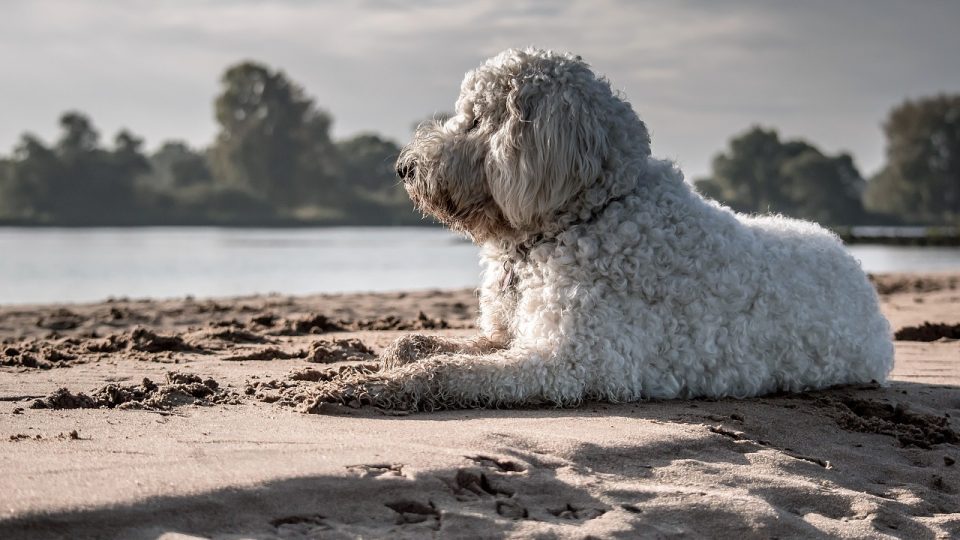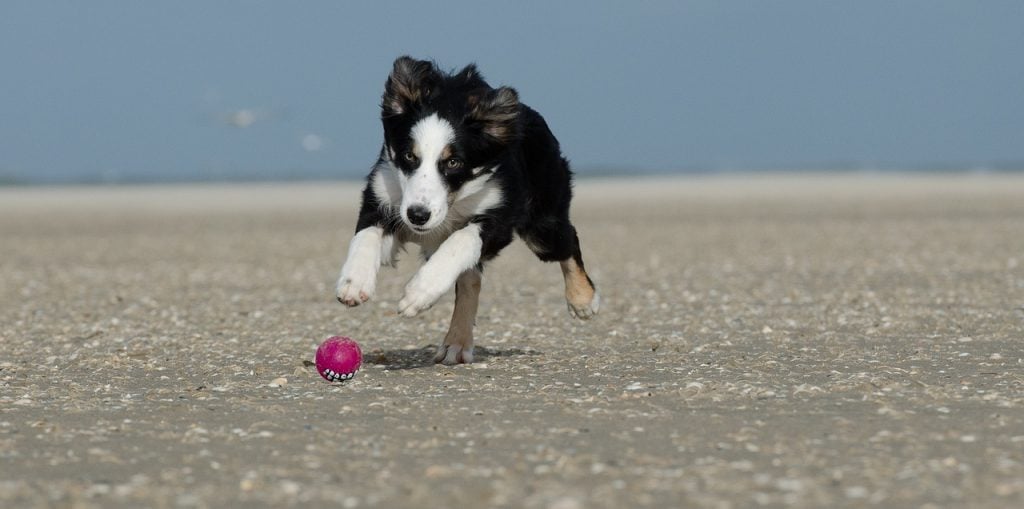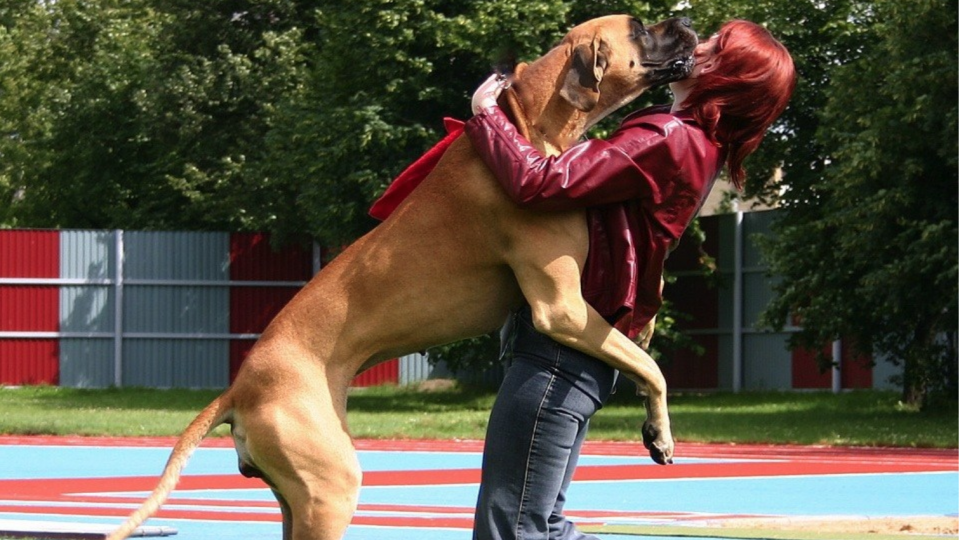If you live with a dog you may think they have a pretty good memory. After all, a dog who’s been through obedience training remembers commands and hand signals. And they always know which fences are the most fun to bark at and which shops will give them treats when they’re out for a walk. In fact, a dog’s sense of smell is like a superpower, as detailed in researcher Alexandra Horowitz’ fascinating work, and helps dogs “remember” plenty.
But do dog memories work the same way as human memories? The answer is no, not really, but sometimes. Read on to learn how your dog’s memory works, and find links to research and more info.
Associative memory helps dogs remember their favourite things
When you think about going for a walk, you probably remember specific walks you’ve taken in the past. You may reflect in your mind’s eye on a particular path, or recall the time it rained while you were out for a stroll. Dogs don’t really think that way— research shows, in fact, that they have very little direct recall.
Instead, dogs have an associative memory. Dogs remember people, places, and experiences based on associations they have with them. For example, they may “remember” walks because of their association with your walking shoes and get excited when they see you putting those shoes on.
You can change your dog’s associative memories over time. In fact, that’s a big part of training! Think about how you introduce your dog to new people. If you invite someone over and have them give your dog positive attention and treats, your dog will associate that person with positive attention and treats. They may not “remember” your guests the same way you remember them, but they will form associations.
Do dogs remember bad experiences?
Although dogs don’t have the same kind of memory as we do, they can form negative associations that we may interpret as “bad memories.”
For example, does your dog act fearful in the waiting room at the vet’s office? If she’s had a negative experience at the vet, she may not remember exactly what scared her so much, but she associates the waiting room with that fear.
You can help dogs overcome negative associations by replacing them with positive experiences. For example, take a few “fun” trips to the vet’s office where they don’t have to be examined. Unfortunately, the stronger the association, the harder it is to change the memory.
Does my dog remember meeting me?
You probably remember the first day your dog came home to live with you. But does your dog remember when they met you for the first time? The short answer is, they probably don’t. But that doesn’t mean they don’t remember you.
Dogs may have some type of episodic memory, or the ability to remember specific events in the past. A recent study suggests this is possible. However, the same study shows that there are real limits to that type of memory for dogs. So your dog is probably not able to reflect back on your first moments together in the same way you do.
However, their associative memories mean that they know who you are, and they know they like you! They are also strongly affected by smell, as detailed in the latest book by canine cognition expert Alexandra Horowitz. Indeed, a dog’s sense of smell helps them recognise and “remember” you.
Come on. I know my dog remembers specific events!
Just because dogs lack episodic memory doesn’t mean they can’t remember anything that ever happened to them. It’s just that the vocabulary around animal memory is necessarily different than that around human memory.
Episodic memory has to do with the “sense of self.” Our memories contribute to how we understand ourselves and our experiences in the world. But because dogs aren’t verbal, it’s very hard for humans to understand whether they have a similar sense of self.
However, recent studies show that dogs may have episodic-like memories. In a 2016 study conducted at the Family Dog Project at Eötvös Loránd University in Budapest, researchers found that dogs can remember events they witness (in this case, an action performed by a trainer). However, as far as researchers can tell, they don’t retain those memories for very long.
So dogs may have short-term, episodic memory, but their associative memories stick with them longer.
Don’t worry, your dog won’t forget you
Your dog might not remember every single thing you do together. She probably doesn’t have fond memories of puppyhood. But she might remember watching you leave the house this morning, and her strong positive association with you means she’ll celebrate when you get home tonight.
Your dog’s positive associations with you, your home, her favourite doggy friends or favourite sitter (Rover.com has lots of fantastic dog sitters across the UK who offer dog boarding along with plenty of cuddles) mean that she’s constantly “remembering” your life together, and celebrating the good stuff in it. Even if dogs don’t have fond memories of the past, their recognition of the present is a good reminder to live in the moment and enjoy every experience you have together.
If your favourite dog needs someone to look after them when you can’t be around, you can find their perfect match on Rover.com. We’ve got lots of fantastic dog sitters across the UK who offer dog boarding.





